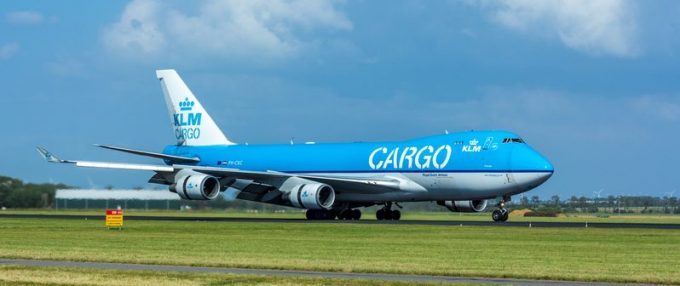Maastricht could step up as 'the air cargo alternative' to Schiphol
With disarray at Schiphol Airport (AMS) over slot restrictions, which have hampered freighter operations, shippers ...

Freighter operators could find it easier to source or maintain slots at Schiphol, following a vote to change the regulations that would see unused slots available for ad-hoc freighter services.
The proposals – presented by KLM to carriers at the airport – takes implementation of a ‘local rule’ one step closer, although the exact details are still under discussion.
While the vote was ‘blind’, a majority of carriers were said to be in favour – in contrast to a previous vote, when KLM abstained and low-cost airlines objected to efforts to help freighters win or retain slots.
Dutch shippers’ association Evofenedex – which lobbied for changes in the 80:20 rule, pushing for a 70:30 ‘local rule’ for full freighter operators – welcomed the news.
Policy manager of air and ocean freight Rogier Spoel told The Loadstar the result was “very positive” and acknowledged the “importance” of full freighter services to Schiphol.
“The KLM proposal foresees a fairer way to obtain historic rights for full freighters,” he said. “Freighter flights will now be more protected at Schiphol and we can keep building on an even better cargo product.”
Mr Spoel said a more flexible approach on maintaining historic rights would allow the changes to stay within the parameters of the 80:20 rule.
One of the problems for freighter operators is that they can change their flight number to accommodate an extra stop in the schedule. Although they maintained the slot time, because the service was now under a different flight number, the slot use is not counted towards the carrier’s 80% target. The proposals suggest an administrative solution be found to solve the problem.
While KLM was unavailable for comment, a spokesperson for Schiphol said the team were “pleased” airlines had been able to resolve the issue themselves.
“Schiphol recognises the value of air cargo as part of its Mainport project, and therefore its value to the Dutch economy,” said the spokesperson. “It is Schiphol’s objective to aim for sustainable growth at the airport after 2020 and air freight is an important part of that.”
Despite optimism over the proposals, Mr Spoel said shippers were concerned over air freight capacity and congestion issues in Western Europe.
“Capacity – in the air and on the ground – a lack of personnel and mediocre infrastructure at secondary airports is raising questions where to go with air cargo,” he said
“A broader discussion in the EU needs to take place to tackle this issue.”
Comment on this article